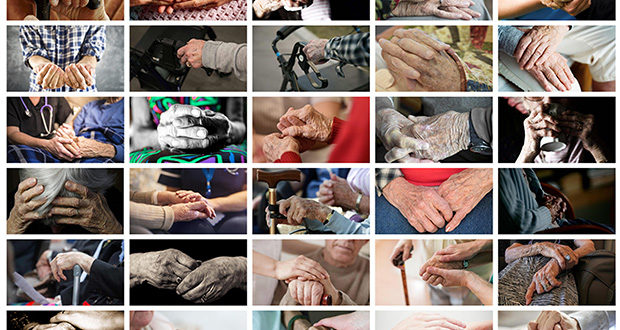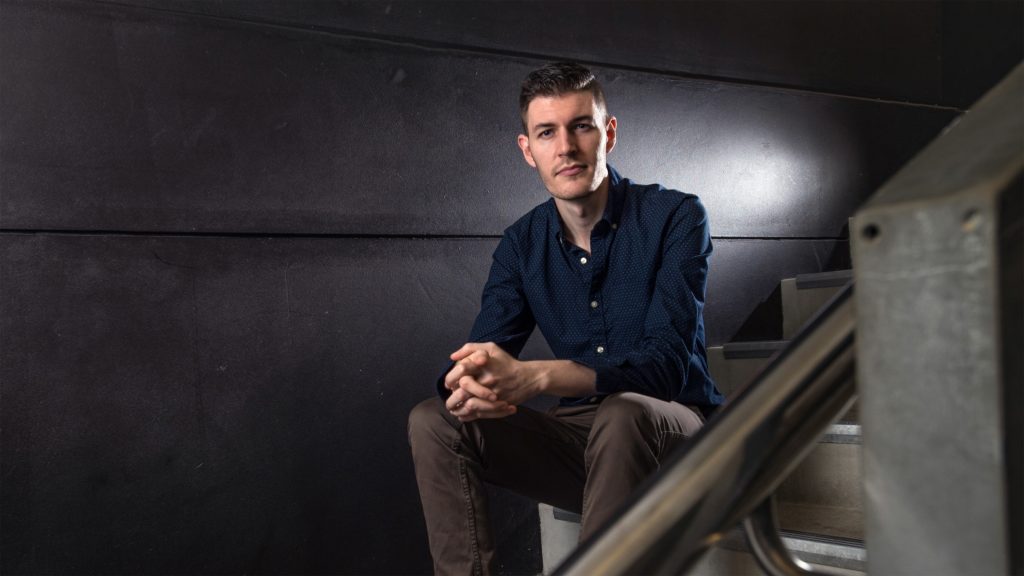Older people are being portrayed as being in ill-health, victims, or being a burden on society in the Australian media, prompting researchers to call for changes in how society thinks about ageing.
A new QUT study, 'Visibility and invisibility in the aged care sector: Visual representation in Australian news', analysed over 500 articles from 13 news outlets from the Royal Commission's calling in 2018 through to four weeks after the government's response in May 2021.
Experts found that the visuals accompanying news coverage were "generic" and "underscored how isolated and marginalised this group is".
"20 per cent of the images in the aged care topic were stock photos and were often context-poor and not representative," says lead-author T.J. Thomson.
"Generally as a society, we don't like to talk or think about tough things such as getting older, aged care and dying," co-author Evonne Miller says.
Aged Care Insite spoke with lead author and senior lecturer with QUT’s School of Communication, T.J. Thomson and co-author and Director at the QUT Design Lab, professor Evonne Miller about the role of journalism in representing older people.
“The role of journalism in informing the public and policy agenda is a powerful one, with potential impact to improve quality of life for all Australians — now and in our aged future," says Evonne.
Do you have an idea for a story?Email [email protected]
 Aged Care Insite Australia's number one aged care news source
Aged Care Insite Australia's number one aged care news source



Totally agree there are many negative images of older people everywhere. No one needs their hand held, or a person with a name tag leaning over the top of these. Older people can have photos on their own doing activities that they like. It is shocking that the media continue to use poor photos and often are photos that do not show independence of a person and most often put equipment like a wheelchair or walker next to them. Very shameful